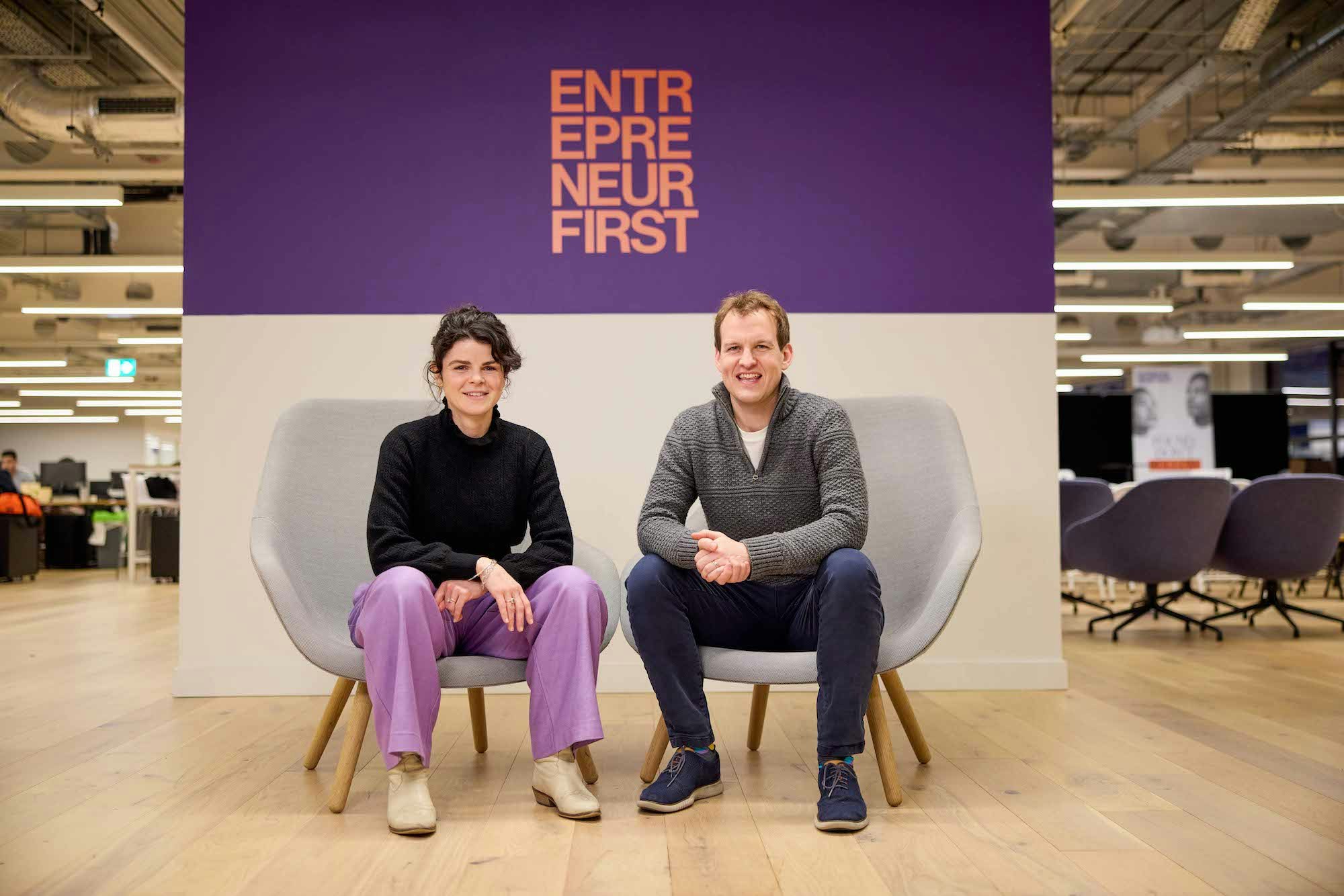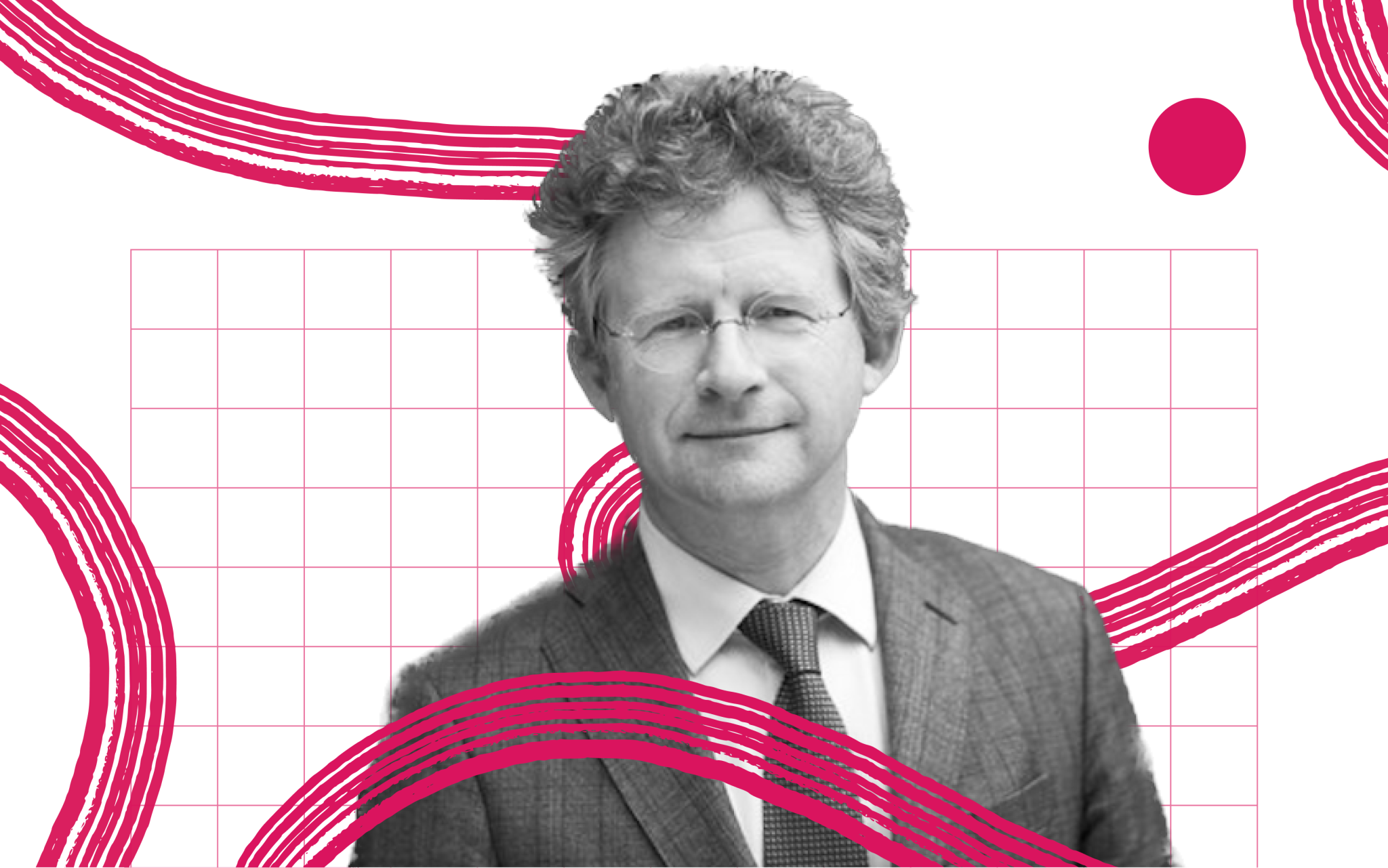The European startup scene is on a white hot heater.
The rate of investment into the region’s tech companies is growing faster than its North American and Asian counterparts — for the second time ever.
So far in 2021, VCs have written cheques to the tune of €47.4bn for European startups — already trumping figures for the whole of 2020 by more than €8bn… and there’s still six months left on the clock.
At its current rate, Europe will hit €95bn in VC investment by the end of the year, according to Sifted calculations and Dealroom data. That’s a year-on-year growth rate of 143% — the highest of any major ecosystem in at least the past five years.
At the time of writing, North America is on track to grow by 98% this year, and Asia by 47%. The last time European tech investment was growing faster was pre-pandemic in 2019.
But, spurred on by major interest from the global VC community and a significant increase in late-stage funding, the European tech ecosystem has been a frenzy of activity in 2021.
Fintech (raised €12.3bn so far in 2021), SaaS (€9.7bn) and the fast-expanding food industry (€4.9bn) have all been major beneficiaries of the cash blitz.
But while these figures might sound positive, they don’t paint the whole picture. Many smaller rounds — particularly seed — are not reported until many months after they happen, so chances are the numbers will only look glossier when 2022 rolls around.
Investor appetite points to the region’s startup scene hitting maturity, and that the ecosystem has proved its resilience through the pandemic, says Paul Miller — managing partner and CEO at Bethnal Green Ventures.
“There’s such a vibrant and mature startup and investment ecosystem in Europe compared to what it was 20 years ago.”
Size matters
Megarounds are one driver of investment growth.
The whole of 2020 saw just €4.4bn pumped into European startups in the form of €250m plus cheques. So far in 2021, that figure has more than quadrupled to €18.6bn.
The largest-ever European round was raised earlier this month, with battery manufacturer Northvolt snapping up $2.8bn of investors’ cash. It follows on from other mammoth $1bn raises in 2021 from BNPL fintech Klarna and Germany-based SaaS Celonis.
Late-stage capital is available like never before, and of 9k rounds this year 10 have contributed almost 20% of total funding. Europe’s overall investment figures are all the more impressive when considering that the region has, so far, raised around half the number of rounds in 2021 than it did in 2020.
This all signals a shift in the European startup ecosystem, principal at Paris-based VC Partech Alison Imbert tells Sifted.
“We are experiencing what happened a couple of decades ago in the US, as the unprecedented access to capital triggers a more aggressive pace of development,” Imbert says. “In Europe today founders are more experienced, have stronger ambitions, think about internationalisation earlier and have access to better talent.”
Need for speed?
VCs are also deploying cash faster, with pressure from firms like Tiger Global and quicker, remote due diligence processes. Accel, who announced three new funds totalling $3.05bn this week, told Sifted it deployed its last fund faster than ever before.
Some say it all points to a radical change in approach for the European VC industry.
But investing at breakneck speed comes with its limitations, says Pratima Aiyagari, venture partner at pan-European VC firm Nauta Capital.
“There is significantly greater competition between firms competing for the same deals and this means a leaner due diligence process,” Aiyagari tells Sifted. “The impact of this increased velocity often means a flight to safety — safety in big logos and brands of the founders — which could potentially hurt the wider diversity and inclusion efforts of the industry.”
Global interest
The surge in investment is also driven by cash from global investors.
Europe is becoming increasingly attractive to global investors, says Creandum partner Sabina Wizander, as it’s proven it can produce blockbuster exits, companies that either sell out to an acquirer or list shares on the public market.
A sneak peek from an upcoming Dealroom report shows that Europe’s share of global VC is higher than it’s ever been — and almost double what it was in 2018.
Mathias Ockenfels, general partner at Speedinvest, points to “lower, healthier valuations” in the European market, and a lack of homegrown late-stage funds as fueling increased interest on the continent.
“International [late-stage] funds are simply filling the gap,” he tells Sifted.
Alongside Tiger’s designs on Europe, other global players have also got the region in their crosshairs.
US VC giant Andreessen Horowitz has dipped its toes into the water in the past year, Sequoia continues to hire partners on the continent and American billionaire Peter Thiel put money behind Oslo-based VC firm SNÖ Ventures in June. That appointment comes just three years after he infamously said: “there are no successful tech companies in Europe".
Is it going to continue?
The big question in any major market upswing, of course, is whether or not the hype can continue in the long term.
But Speedinvest’s Ockenfels doesn’t think the bubble is about to burst, and says the Covid-accelerated shift to digital spells good things for European tech.
“Europe is simply catching up to the rest of the world, especially in comparison to North America and Asia,” he tells Sifted. “In a remote world, borders matter less, so the [market size] has increased overnight for many European digital products.”
Likewise, general partner at Northzone Jessica Shultz says the growth of European funding is a result of a decade of laying down the fundamentals of a mature VC ecosystem, from talent to structures for crossborder business.
But, Shultz says, the ecosystem needs to be wary of the pressure to get involved in public markets earlier on in their lifecycle than ever before.
“That’s something both founders and investors should be careful with, as FOMO-driven listings are simply not sustainable,” she adds.


